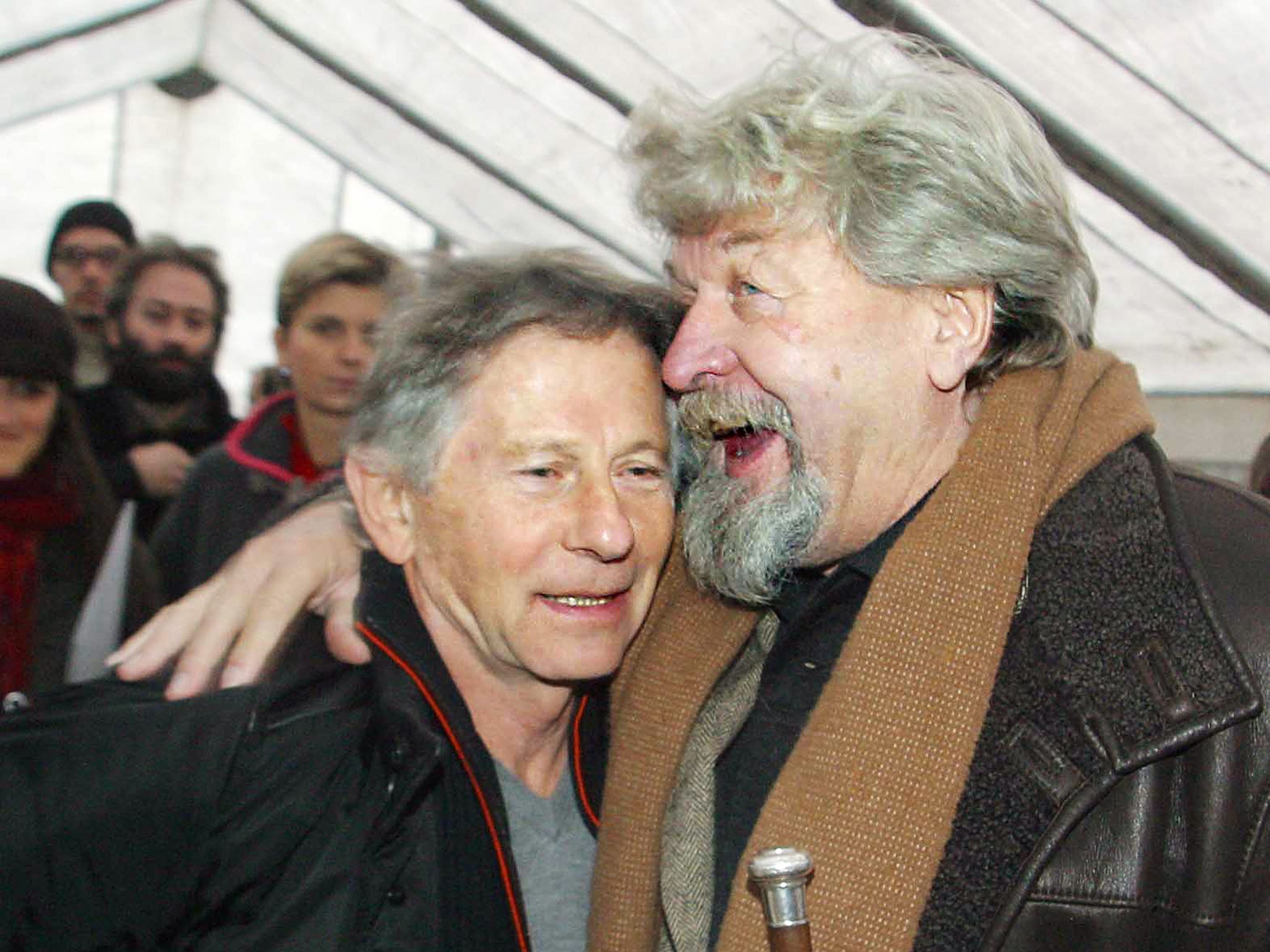Miroslav Ondricek: Cameraman and pioneer of the Czech New Wave who worked with Milos Forman and Lindsay Anderson
Ondricek made his greatest impression with Lasky jedne plavovlasky (Loves of a Blonde, 1965)

A pioneer of the Czech New Wave cinema, Miroslav Ondricek continued his career in Britain, and later the US, after Soviet tanks rolled into Prague in 1968, taking with him the observational style of filming he had learned from documentary-making, then developed in features with director Milos Forman.
As Forman's director of photography he had made his greatest impression with Lasky jedne plavovlasky (Loves of a Blonde, 1965), a funny, touching tale of a young woman who spends a night of passion with a dance-band pianist but subsequently realises there is no future for them. The film, using mostly non-professional actors, has a naturalistic style that epitomises the Czech New Wave of the 1960s.
Two years later Ondricek travelled to Britain for his first collaboration with Lindsay Anderson, on the anti-Establishment director's short film The White Bus. When, in 1968, Anderson made If…., it seemed appropriate that Ondricek, whose country's Prague Spring was about to be crushed, should be guiding the camera for this landmark production shot at a time of turmoil, strikes and demonstrations in European capitals.
The film made a star of Malcolm McDowell, as the leader of the rebellious public school pupils, but also had a wider effect. Ondricek's camera operator on If.... was Chris Menges, who as director of photography collaborated with Ken Loach – himself an admirer of the Czech New Wave – on the 1969 classic Kes to create a similarly naturalistic style of film-making that has remained with the director throughout his career.
"My generation of photographers broke new ground in cinematography, by drawing films out into reality," said Ondricek. "This required a new kind of light. We knew that poetry cannot come from something artificially created."
Ondricek was born in Prague, where his lifelong interest in film was triggered by a visit to the cinema at the age of four. After working as a laboratory technician at Barrandov Studios (1950-53), he joined its Documentary Film Unit (1953-56) as a camera assistant and took evening classes at FAMU, the Prague film school.
He progressed to feature films with the comedy Vahavy strelec (The Hesitant Marksman, 1956) and followed it with a dozen pictures that allowed him to see cinematographers such as Jan Curik and Jaroslav Kucera at work. His first feature as director of photography was Intimni osvetleni (Intimate Lighting, 1965), directed by another New Wave pioneer, Ivan Passer. Among Ondricek's early films with Milos Forman was Hori, ma panenko! (The Fireman's Ball, 1967), a satire on Czechoslovakia's communist regime.
Ondricek was reunited with Lindsay Anderson in Britain for the capitalism satire O Lucky Man! (1973) and with Forman, mostly in the US, on Taking Off (1971), Hair (1979) and Valmont (1989), as well as Ragtime (1981) and Amadeus (1984), which both earned him an Oscar nomination.
He also worked with directors George Roy Hill on Slaughterhouse-Five (1972), The World According to Garp (1982) and Funny Farm (1988), Mike Nichols on Silkwood (1983) and Penny Marshall on Awakenings (1990), A League of Their Own (1992), The Preacher's Wife (1996) and Riding in Cars with Boys (2001).
In his later years, Ondricek taught at FAMU and Pisek Film Academy. He won the American Society of Cinematographers International Achievement Award in 2004. His son, David, is a film director.
ANTHONY HAYWARD
Miroslav Ondricek, cinematographer: born Prague 4 November 1934; twice married (one son); died Prague 28 March 2015.
Subscribe to Independent Premium to bookmark this article
Want to bookmark your favourite articles and stories to read or reference later? Start your Independent Premium subscription today.

Join our commenting forum
Join thought-provoking conversations, follow other Independent readers and see their replies